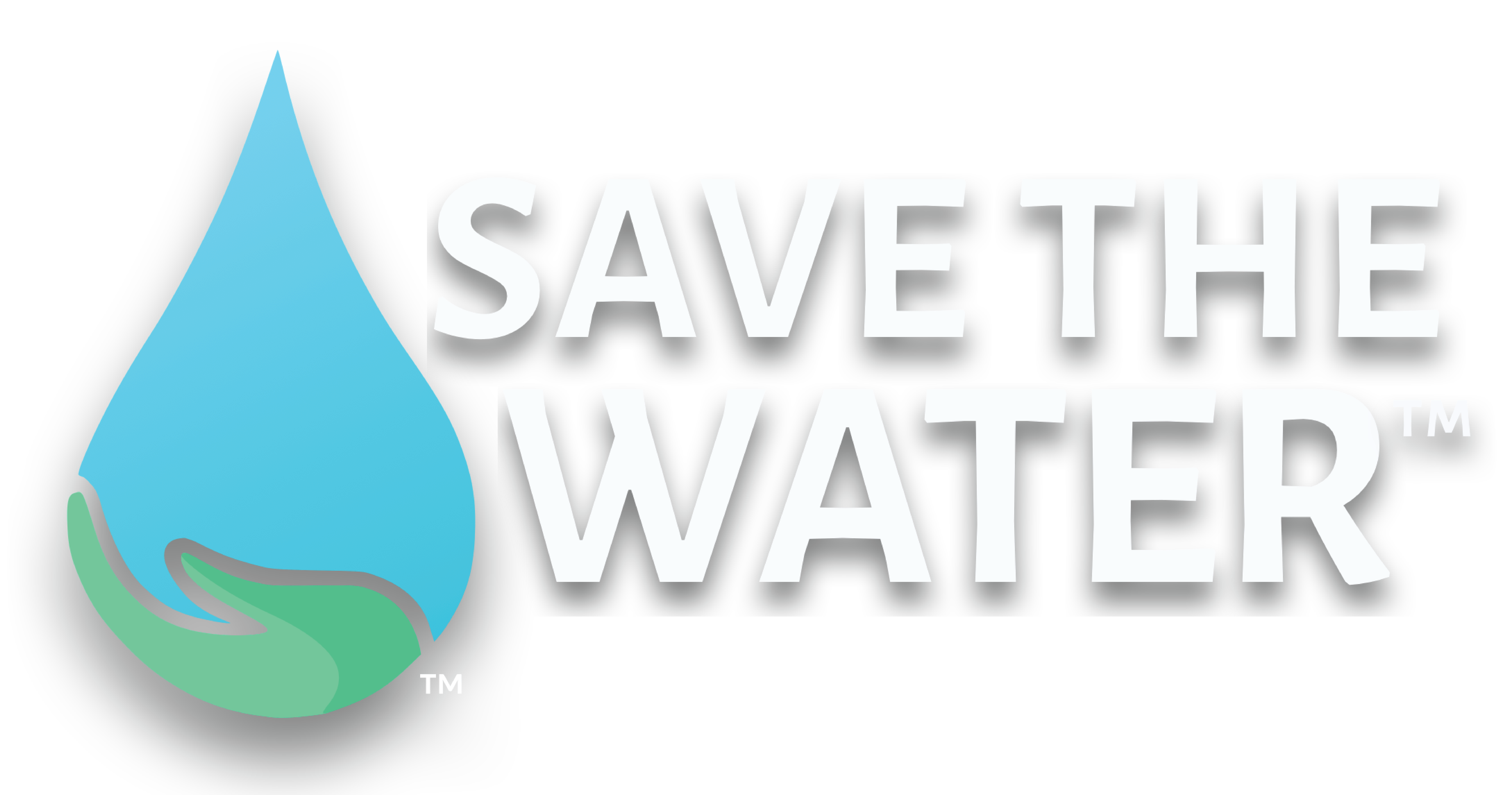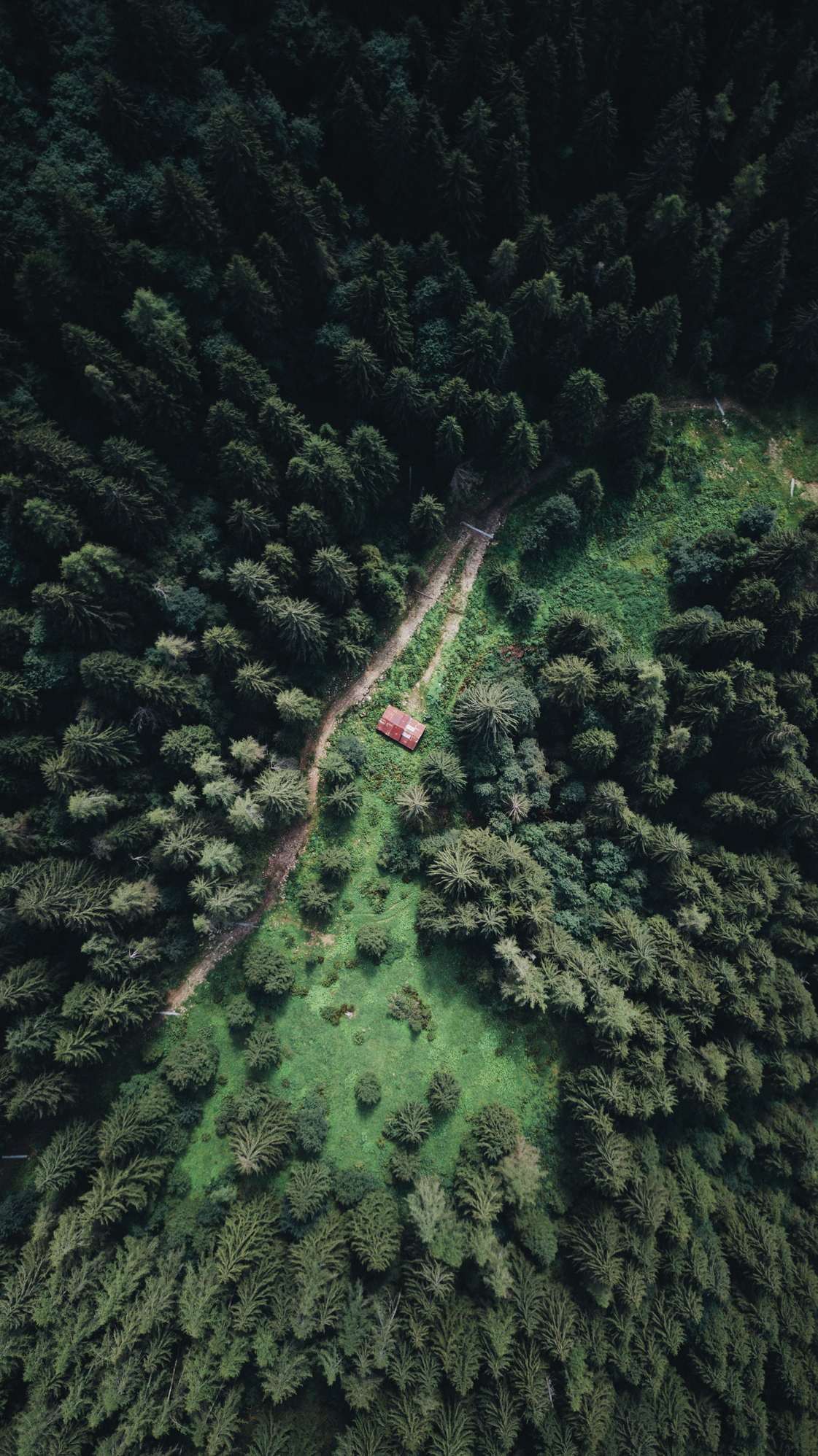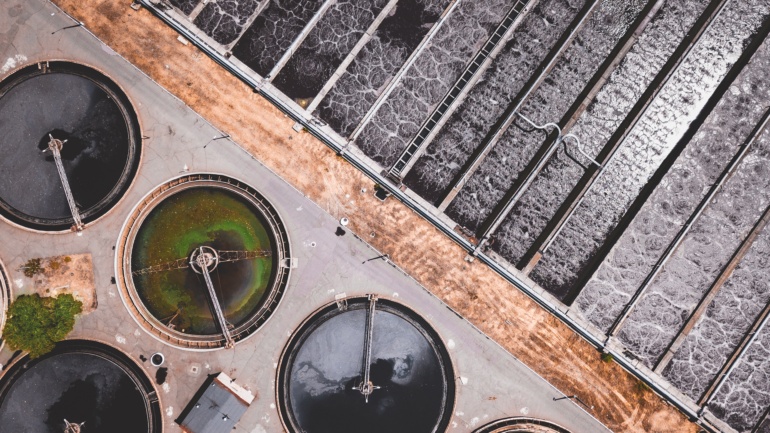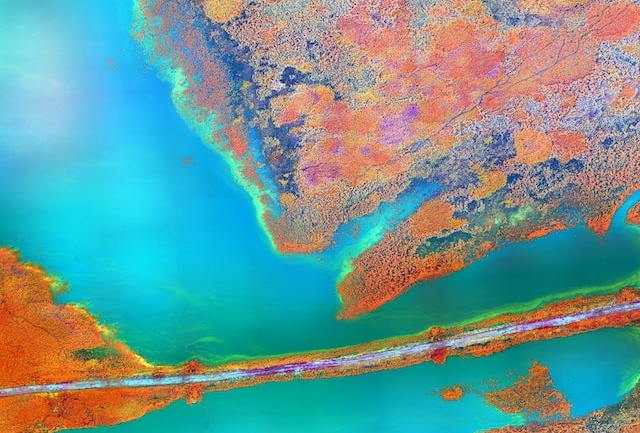Source (no endorsement)
By Matthew Taylor, Associate Researcher & Writer for Save The Water™ | August 1, 2021
Treating water is already challenging enough. Yet in remote and underdeveloped areas, water treatment comes with its own unique set of challenges. These challenges include technological limitations, cost, and the availability of different water sources. We must come up with reliable solutions to solve these challenges so that anyone, including those in remote and underdeveloped areas, can have access to clean water.
Geographic limitations
When a water treatment system goes down in a large city, it is usually repaired within hours or days by dedicated water treatment plant staff. They have access to parts and labor right away and can thus fix the problem quickly. Unfortunately, this luxury is simply not available in remote and underdeveloped areas.
There is a limited number of people available who can repair the system when it goes down, and communities in these areas often do not have the parts they need to repair them. They are stuck waiting for days or weeks for parts to be shipped to them. If they cannot fix the system themselves, they must wait for a technician to come from a faraway place. In the meantime, they do not have access to clean water from their water treatment system. They are forced to boil their water, for example, or use bottled water to meet their needs.
Technological limitations
Remote and underdeveloped areas have limited resources available to them because they can be so isolated. For example, these areas may not have reliable electricity, so they cannot always rely on water treatment systems that utilize electricity. They may also not have the space required for certain water treatment systems, meaning that they have to find another solution. This solution might not necessarily be the right fit for these areas, but it is the only option that communities may have.
Cost
Communities located in remote or underdeveloped areas might not have the funding available to spend on a fancy water treatment system. In these areas, communities are often small. They receive less government funding and can collect less tax money from their residents. Communities might have to settle for water treatment systems that cannot meet their needs as they are unable to invest in a system that works for them.
Availability of different water sources
Tap water is available in most cities and towns in developed areas. However, tap water might not be readily available in remote and underdeveloped areas. Residents of these areas may get their water from wells or streams, for example. The quality of the water from these sources can vary significantly. There might not be a one-size-fits-all water treatment solution in the community.
Looser regulations
There are usually many more drinking water regulations in cities than there are in remote and underdeveloped areas. These regulations make it easier to treat water because there are much stricter rules to follow. However, regulations for water outside of cities tend to be loose in comparison. There are also more kinds of water sources to consider, each with its own contaminants and challenges. This issue means that a water source might not fit under specific regulations like it would in a city. The water might not be as clean as it should be before being consumed.
What can we do?
Ideally, water treatment systems in remote and underdeveloped areas would avoid the issues previously mentioned in this article. In a perfect world, water treatment systems in these areas would have certain qualities:
- They would be easy to repair and have minimal components that would need specialized parts or labor to repair.
- Being adaptable so they can meet an area’s unique needs
- A backup battery or generator to power them so they do not have to use an unreliable electric grid
- Affordability, so that even the communities with the least money could have access to clean water
- The ability to treat water from different sources of water unique to the area, taking into account that separate water treatment systems might be needed for bodies of water like a river and other sources of water like wells, which could mean that there is a household water treatment and storage system in every home
- Coverage under stricter regulations to have consistently cleaner water throughout a region, regardless of whether the water is for a large community or a remote or underdeveloped area
Some of the biggest challenges we have when it comes to water treatment in remote and underdeveloped areas include geographic limitations, technological limitations, cost, the availability of different water sources, and looser regulations. If we can come up with solutions to these challenges that have the qualities mentioned above, challenges with water treatment in remote and underdeveloped areas would be much easier to solve. Follow Save The Water™ for more water news!





